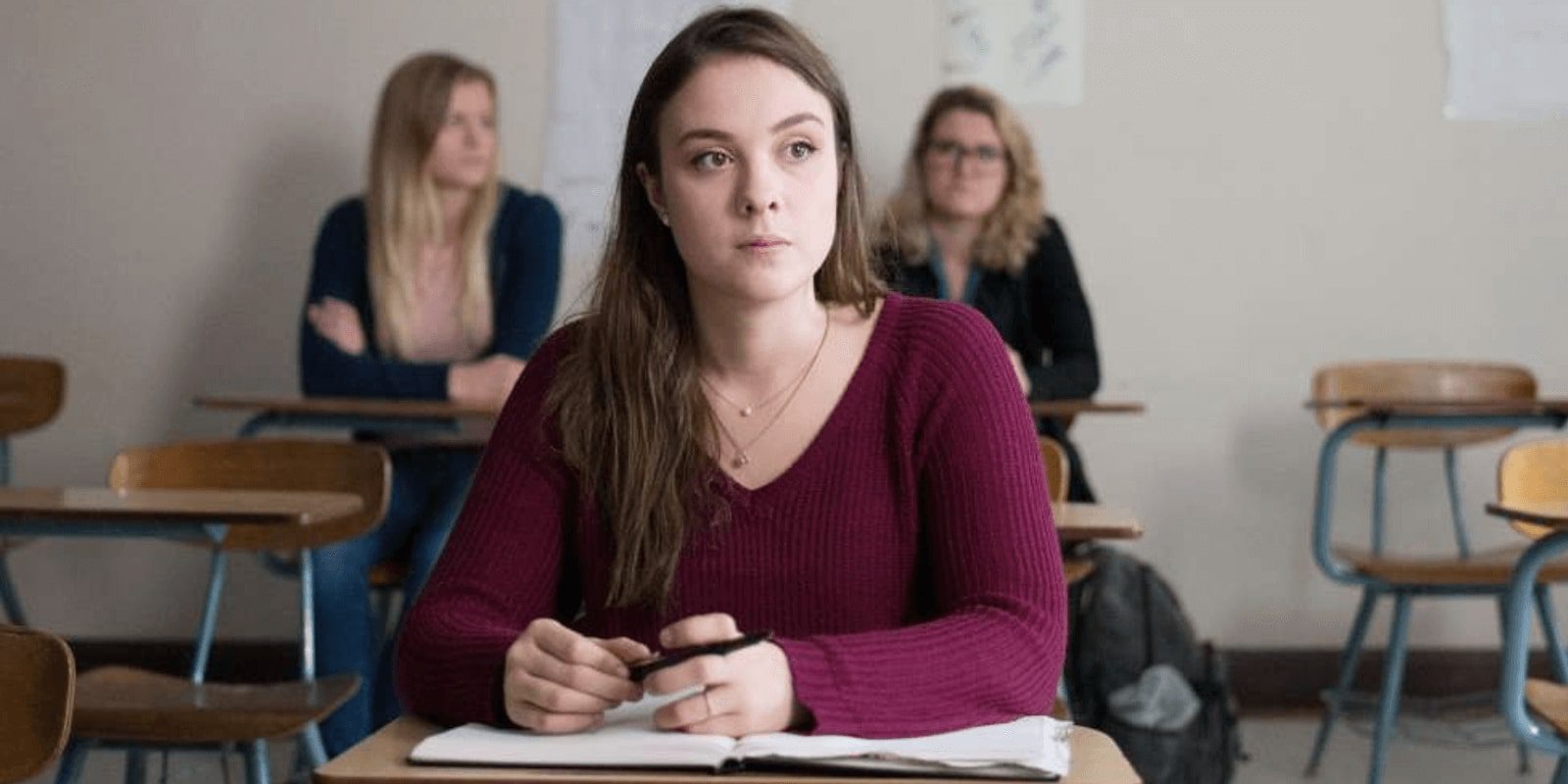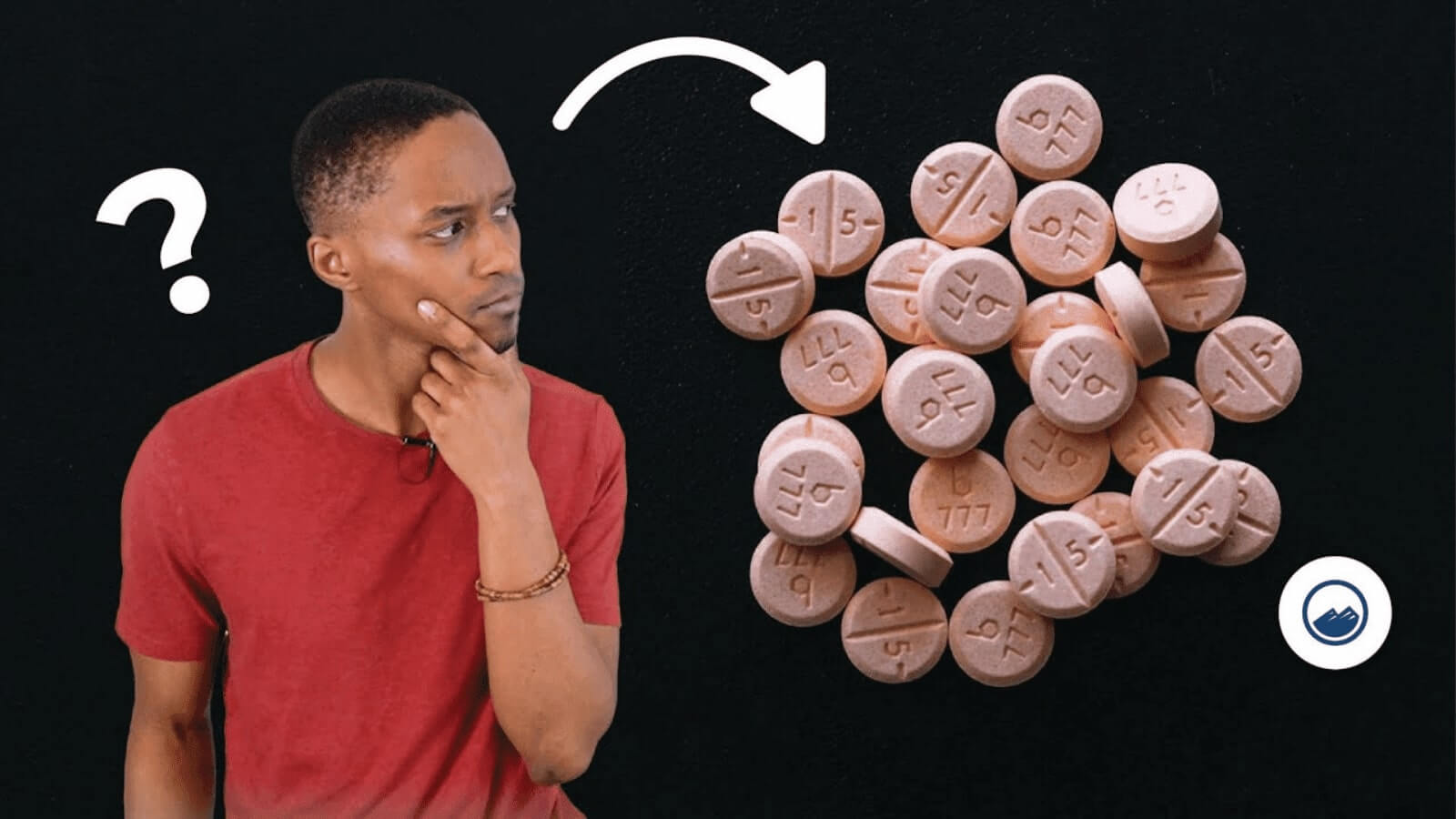Study Drugs & Stimulants Treatment
According to the Centers for Disease and Control, the diagnosis of ADD and ADHD are increasing. Stimulants such as Adderall and Ritalin are prescribed for the treatment of these disorders.
This makes these prescription drugs readily available to be used recreationally to help people stay awake and focus, particularly in high schools and colleges. Given these substances are addictive, recreational use can turn into a stimulants addiction.
What are Study Drugs?
Study drugs, which are also called stimulants or labeled by their prescription brand names, are prescription medications that are used to treat Attention Deficit Hyperactivity Disorder or ADHD. These medications help with attention, impulsivity and organization. They can make a boring, tedious task better.
Adderall, Concerta, Ritalin and Vyvanse and their generics are some of the more common medications. These drugs all enhance a person’s ability to concentrate, study and perform better than normal.
Teenagers & Study Drugs
More pressure than ever is placed on children to succeed, to check all the right boxes and to do well. It is then not surprising that teenagers end up abusing tools that help them live up to these pressures.
Increasingly, teens are abusing and developing dependencies on study drugs or prescription stimulants. Placing your child in teen addiction treatment for stimulant and study drug abuse may be necessary if your child is abusing these types of prescription medications.

Easily Available & Highly Effective
Every year stimulant prescription rates increase with millions of Americans receiving these drugs from their doctors. Approximately 60% of children who have been diagnosed with ADHD are prescribed some medication for it. Many adults are also prescribed these drugs.
This means that stimulants are readily available to kids and teens, and pills can easily be bought at school. Kids also tend to feel pretty safe taking these drugs for several reasons.
Study drugs, as the name implies, are not usually taken for recreational purposes, but to do better in school. Teens do not think of them as illicit substances with dangers because they are not using them for a “bad” purpose.
These drugs are very familiar to kids, many of their peers or family members may take them, which makes the drugs feel safe or commonplace.
The effect of the study drugs can also make teens feel an incorrect sense of safety. These medications are not used to get a euphoric high, feel disoriented or hallucinate, in fact they are suppose to do the opposite.
From a teenagers point of view, these pills make them better students, which means they are being good kids and living up to the expectations of their families and schools.
Lastly, stimulants tend to be effective for most people even if they do not have ADHD, and while there are certain side effects, many people find them bearable. All of this makes study drugs incredibly attractive for teens, but it does not lessen the dangers of abuse.
Abuse of Study Drugs
While these medications are necessary for millions of people and correctly prescribed, there is also a huge amount of abuse and dependence that these drugs elicit.
Students may feel internally motivated to do better, but more often there is also a significant amount of social, familial and cultural pressure to perform. High schoolers need to get straight A’s, captain sports teams, volunteer, be part of extracurricular clubs and have a social life, all starting at thirteen.
Students find that they can do all these things and more when they take study drugs. However, taking these medications without oversight is a huge risk and children can find themselves in danger.
Health and emotional wellbeing can be put in jeopardy when these drugs are abused, incorrectly taken or taken by someone who should not be using them. Just as with any type of substance abuse, there are often deeper issues at play, and teen addiction treatment for study drug abuse should also include emotional counseling.
Harmful Side Effects & Health Risks
Stimulants are linked to a number of side effects. The most common are decreases in appetite, dry mouth, increased heart rate, and blood pressure.
Heart palpitation can also be experienced. Insomnia is another very common occurrence, and over a long period of time lack of sleep can cause many issues for the individual. Emotionally these drugs can cause significant damage to teenagers.
Stimulants tend to increase acute anxiety and have been known to cause panic attacks. They can also increase overall levels anxiousness and depression.
If someone already struggles with these issues or has been diagnosed with an anxiety or mood disorder, the effects can be even worse. A child may not understand why their anxiety or depression has spiked or is getting worse and for an already stressed out teen, the added emotional struggle can be damaging.
These drugs can also cause psychosis and paranoia in someone who has a psychotic disorder and trigger mania or hypomania in someone with Bipolar Disorder.
People with Eating Disorders can abuse these drugs as a way to suppress appetite and control weight gain, and these drugs can cause a worsening of a person’s condition. When a teen is abusing these types of drugs, they need support to not just stop using but to work through the psychological factor of the abuse.
Recovery is not just about stopping the drug use, it is also about the deeper emotional pieces that underlie the abusive behaviors. A teen prescription drug rehab facility is often necessary.

Treatment & Support for Your Teen
If you find that your child is abusing study drugs, it is important to get help. Asking for help and getting your teen treatment is the first step in the journey to getting better. We have teen day treatment, intensive outpatient, and Cascade Canyon Residential programs available in Colorado and Maryland.


Online Treatment Programs
Our virtual IOP program offers the same programming that we offer in person, all online – this is ideal for those who live too far to drive to an addiction center, have transportation issues, or have health concerns that make in-person treatment challenging.





